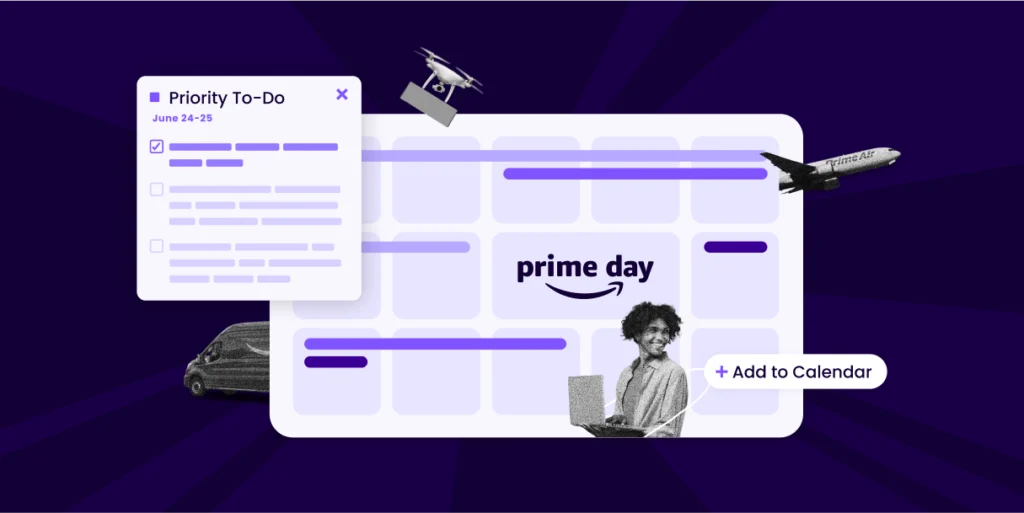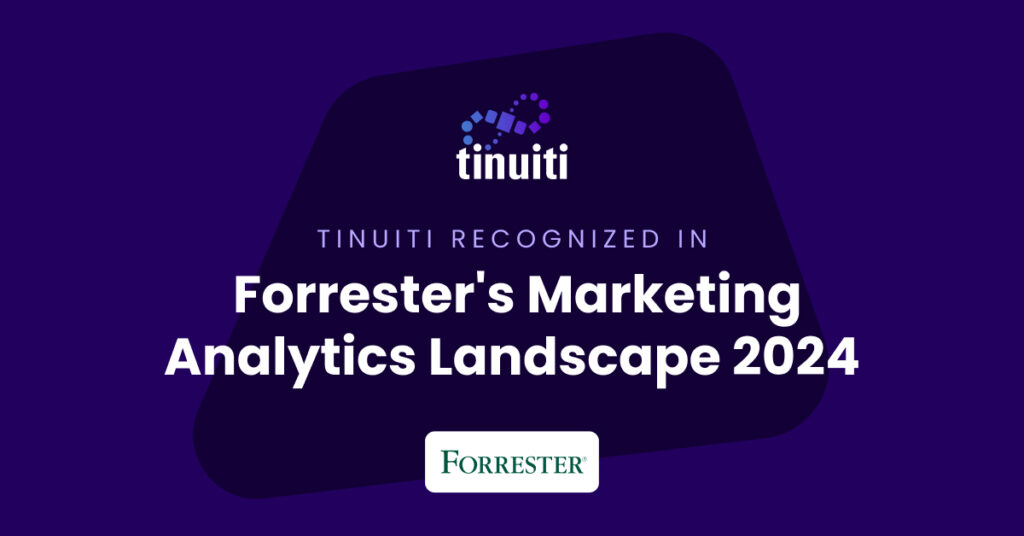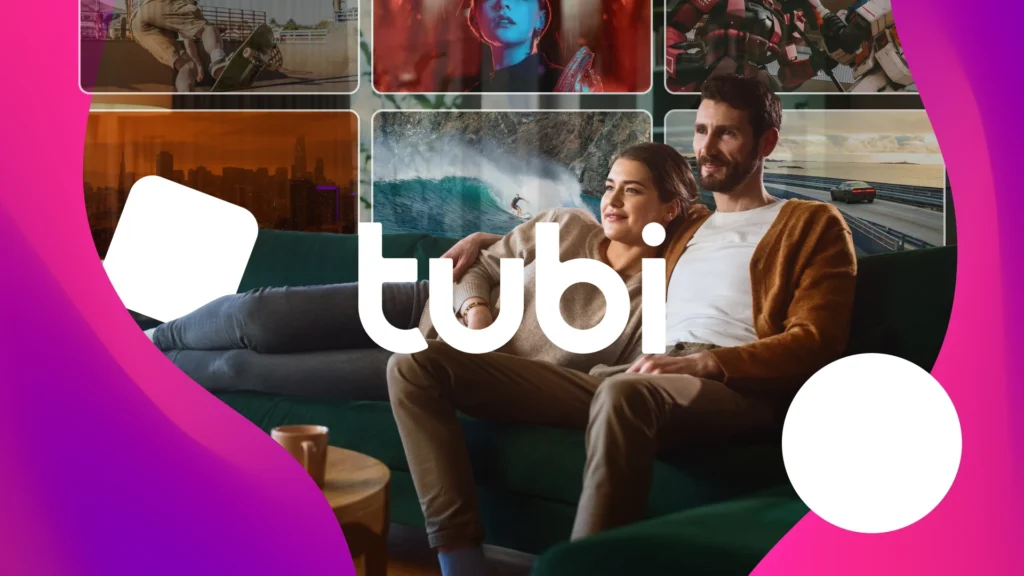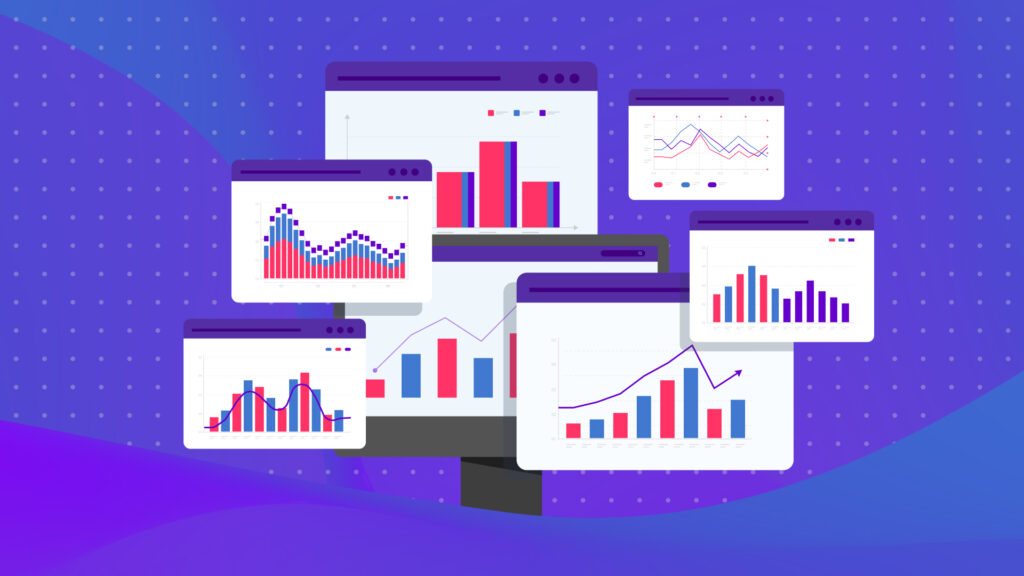If you’re using both Facebook Ads Reporting and Google Analytics to measure your Facebook advertising ROI, you’ve probably noticed something: the numbers just don’t add up.
For the same ad, Facebook’s and Google’s stats can vary greatly—with Facebook seemingly “over-reporting” its success rates while Google under-reports it.
In the end, both of these assumptions are off.
Neither Facebook nor Google is wrong, per se. They simply attribute conversion sources differently—and understanding these key differences is crucial to accurate reporting (as well as extracting accurate insights from that reporting.)
Google Analytics vs. Facebook Attribution
There are a couple reasons for the discrepancy between Google Analytics and Facebook Ads Reporting.
First up, it’s Google’s “last-click” attribution model. Essentially, this model means Google gives credit to whatever ad a user saw last before completing a conversion.
Here’s an example:
Say Sally saw a Facebook ad for a new Gap T-shirt. She clicked on it and went to the Gap’s website, but before she could purchase the shirt, she had to run to a meeting. Later that afternoon, Sally comes back to her computer, searches for the T-shirt by name, clicks on a search ad and ultimately buys the product. Because she clicked on that search ad last, Google would get credit for the conversion—not Facebook—even though the Facebook ad technically provided the initial visibility to Gap’s product.
As I mentioned, it’s not a “wrong” way to attribute the conversion. Technically, it’s correct, but it doesn’t exactly provide accurate insight into how effective the ad is.
 According to Josh Brisco, Manager, Retail Search Operations at CPC Strategy, in order to get a better understanding of where your conversions are coming from (view through or click through conversions) – you can customize your columns within Facebook’s Ad Manager and segment data based on: 1 day view & 28 day click.
According to Josh Brisco, Manager, Retail Search Operations at CPC Strategy, in order to get a better understanding of where your conversions are coming from (view through or click through conversions) – you can customize your columns within Facebook’s Ad Manager and segment data based on: 1 day view & 28 day click.
So, what does that mean exactly?
Well, in the Sally example (and her purchase of the T-shirt)—with the 28 day click in place – even if it had been weeks after clicking that Facebook ad—the conversion would be attributed to Facebook.
As for 1 day view, if Sally views (but doesn’t click on the Facebook ad), but later goes to the website to purchase the shirt (all of course within 1 day), then Facebook will get credit for that conversion as well.
Keep in mind, in your Facebook Ads Manager the default attribution reporting is 1 day view, 28 day click but you can customize your comparing windows if you want, as seen in the example below:

What to Do About it
So knowing these differences, what’s the key to accurate Facebook Google Analytics attribution reporting?
Do you simply forgo one platform’s insights and only use the other? Or is there a way to make them work together cohesively?
Though there’s no way to make Facebook Ads Reporting and Google Analytics show the exact same results for your ads, there are a few things you can do to get the numbers closer.
For one, you could opt out of the view through conversions, allowing Facebook to only track post-click ones. This ensures both platforms are at least only attributing the same type of conversion.
 But according to Casey Edwards, Social Marketing Manger at CPC Strategy, you shouldn’t completely devalue view-though metrics because Facebook is often used to target the top of the funnel, generate brand awareness, and increase traffic.
But according to Casey Edwards, Social Marketing Manger at CPC Strategy, you shouldn’t completely devalue view-though metrics because Facebook is often used to target the top of the funnel, generate brand awareness, and increase traffic.
“You have to take into consideration the amount of new traffic being generated via Facebook that is potentially converting through organic or Search,” Edwards said.
If you’re only focusing on Facebook advertising, Facebook Ads Reporting can give you pretty good insights into how your campaigns are performing—just make sure you know exactly what data you’re being fed and how Facebook is gathering it.
“Our recommended best practice is to stick with Facebook’s default for the 1 day view, 28 day click, but remember to cross reference it with Google Analytics data (for last click).”
For more information on Facebook Google Analytics attribution reporting, email [email protected].
You Might Be Interested In












